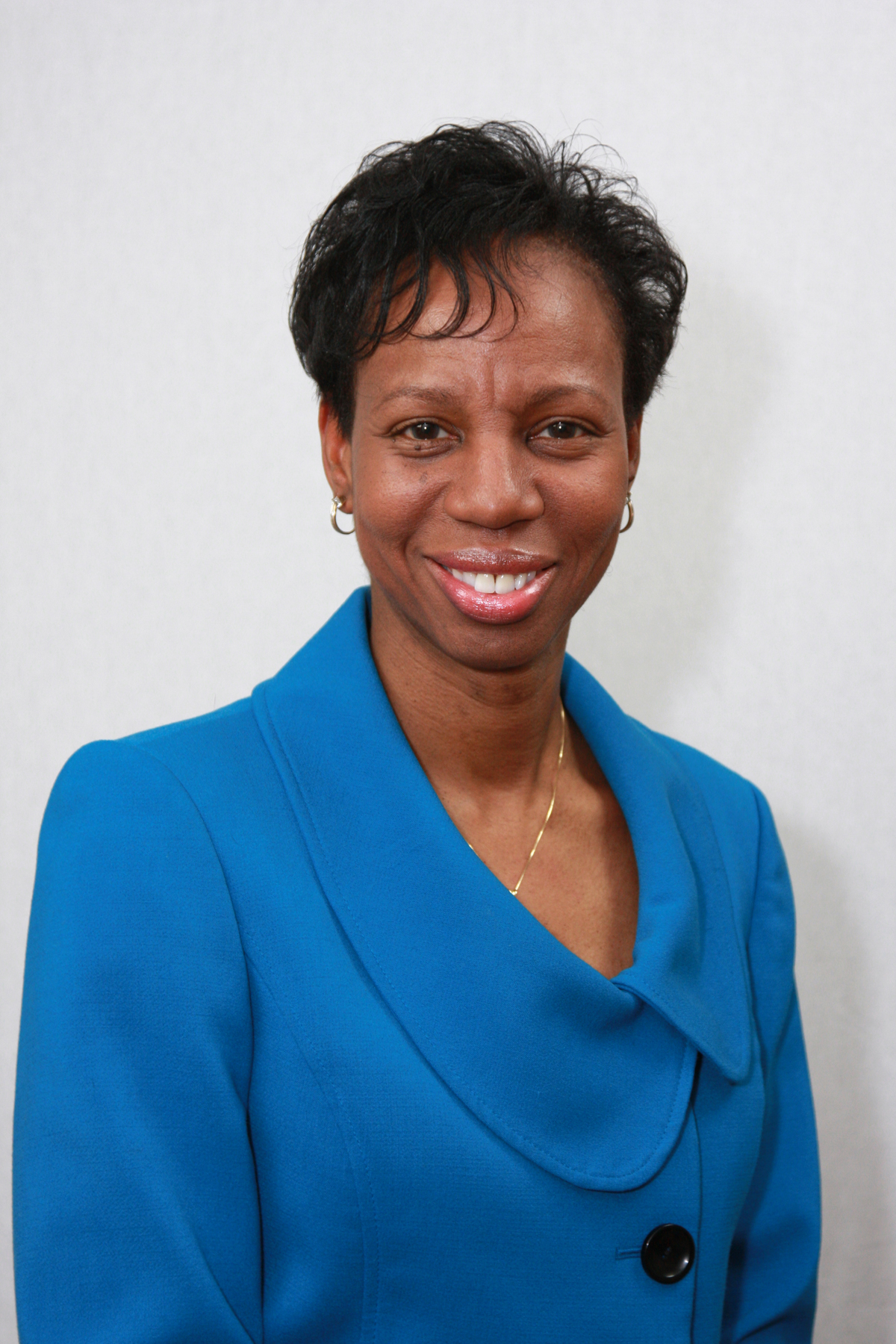Understanding Your 501(c)3 Designation
By Cynthia Gordon-Floyd, CPA, Contributing Writer
Most churches in the United States are considered to be 501(c)3 organizations without filing for official recognition. However, there is much benefit to be gained from verifying and obtaining documentation of this inclusion. Alternately, there can be confusion and difficulty for churches and donors alike when this inclusion is not verified and confirmed.
Gifts received by churches from donors are typically considered tax-deductible for the donor. However, if donors give to a church which is not officially covered under the 501(c)3 umbrella, the IRS can (and has in many court cases) disallow those donations during an audit of the donor. The obligation falls, then, upon the donor to prove that the church meets the requirements and qualifications of a Section 501(c)3 organization. Proving this can be nearly impossible for a donor to do themselves. This is the primary reason why many donors do not give to churches or other non-profits that do not obtain an official Section 501(c)3 determination.
Within the AME Church, there is some important information to note. All churches in good standing and operating under the AME Church in accordance with The Doctrine and Discipline of the AME Churchare coveredunder the umbrella of the 501(c)3 tax-exempt status as part of the Group Exemption filed by the Board of Incorporators of the AME Church.
AME Churches in good standing should ask for a letter from your Episcopal District office or the Connectional AME Church Finance Department which verifies your inclusion under the AME Church Group Exemption. Receiving a copy of this verification letter enables your church to do the following:
- Secure a state or local sales tax exemption certificate so that your church can avoid paying sales tax on purchases needed to carry out ministry.
- Secure a state and local property tax exemption for all properties deeded properly to the AME Church.
- Secure matching gifts funds from governmental agencies and other employers who may match charitable contributions made by their employees.
- Qualify for charitable giving contributions from the United Way and other charitable donors.
- Secure monetary and product donations from community businesses who require verification of your 501(c)3 status.
- Secure discounts and special rates from banks and other business partnerships.
If your church would like to apply for governmental grant opportunities, then the church should file a separate 501(c)3 application-related specifically to the charitable need to be satisfied with the grant funding. TheAME Church Group Exemption will not suffice for this need.
Cynthia Gordon-Floyd is a certified public accountant and founder of Willing Steward Ministries, LLC. Willing Steward Ministries (http://www.willingsteward.com) is a financial consulting and accounting firm for churches and other faith-based non-profits and specializes in Bible-focused financial practices, pastoral compensation issues, IRS compliance, and other financial needs specific to churches. Cynthia is a graduate of Lake Forest College and received her Master of Business Administration degree in Accounting from DePaul University. She is a steward and the financial secretary at the First AME Church of Manassas in Manassas, Virginia.





